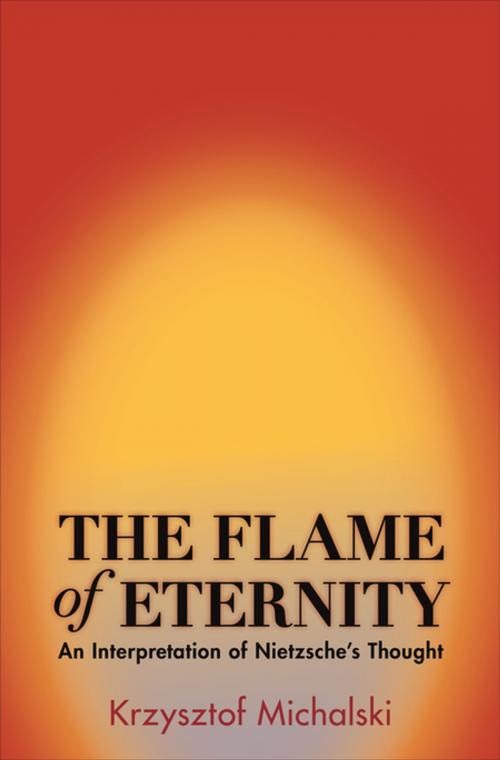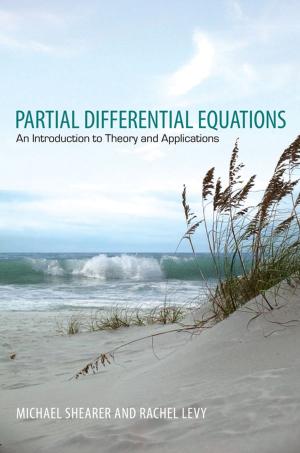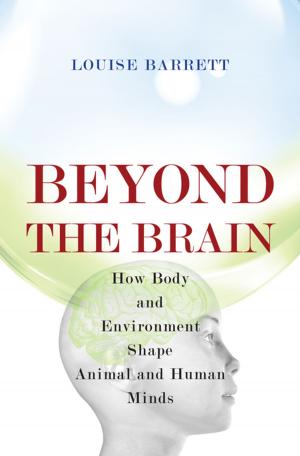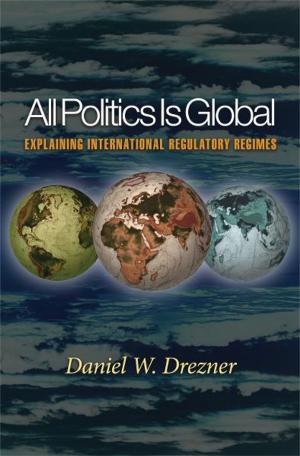The Flame of Eternity
An Interpretation of Nietzsche's Thought
Nonfiction, Religion & Spirituality, Philosophy, Existentialism, Modern| Author: | Krzysztof Michalski | ISBN: | 9781400840212 |
| Publisher: | Princeton University Press | Publication: | December 5, 2011 |
| Imprint: | Princeton University Press | Language: | English |
| Author: | Krzysztof Michalski |
| ISBN: | 9781400840212 |
| Publisher: | Princeton University Press |
| Publication: | December 5, 2011 |
| Imprint: | Princeton University Press |
| Language: | English |
The Flame of Eternity provides a reexamination and new interpretation of Nietzsche's philosophy and the central role that the concepts of eternity and time, as he understood them, played in it. According to Krzysztof Michalski, Nietzsche's reflections on human life are inextricably linked to time, which in turn cannot be conceived of without eternity. Eternity is a measure of time, but also, Michalski argues, something Nietzsche viewed first and foremost as a physiological concept having to do with the body. The body ages and decays, involving us in a confrontation with our eventual death. It is in relation to this brute fact that we come to understand eternity and the finitude of time. Nietzsche argues that humanity has long regarded the impermanence of our life as an illness in need of curing. It is this "pathology" that Nietzsche called nihilism. Arguing that this insight lies at the core of Nietzsche's philosophy as a whole, Michalski seeks to explain and reinterpret Nietzsche's thought in light of it. Michalski maintains that many of Nietzsche's main ideas--including his views on love, morality (beyond good and evil), the will to power, overcoming, the suprahuman (or the overman, as it is infamously referred to), the Death of God, and the myth of the eternal return--take on new meaning and significance when viewed through the prism of eternity.
The Flame of Eternity provides a reexamination and new interpretation of Nietzsche's philosophy and the central role that the concepts of eternity and time, as he understood them, played in it. According to Krzysztof Michalski, Nietzsche's reflections on human life are inextricably linked to time, which in turn cannot be conceived of without eternity. Eternity is a measure of time, but also, Michalski argues, something Nietzsche viewed first and foremost as a physiological concept having to do with the body. The body ages and decays, involving us in a confrontation with our eventual death. It is in relation to this brute fact that we come to understand eternity and the finitude of time. Nietzsche argues that humanity has long regarded the impermanence of our life as an illness in need of curing. It is this "pathology" that Nietzsche called nihilism. Arguing that this insight lies at the core of Nietzsche's philosophy as a whole, Michalski seeks to explain and reinterpret Nietzsche's thought in light of it. Michalski maintains that many of Nietzsche's main ideas--including his views on love, morality (beyond good and evil), the will to power, overcoming, the suprahuman (or the overman, as it is infamously referred to), the Death of God, and the myth of the eternal return--take on new meaning and significance when viewed through the prism of eternity.















